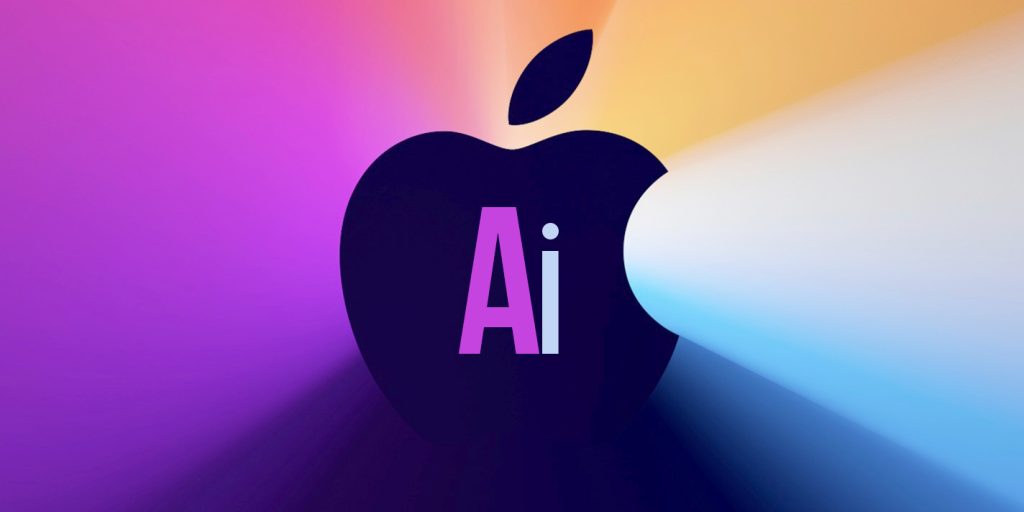Apple, traditionally seen as cautious in the AI race, is setting the stage for a significant leap in Siri with the help of artificial intelligence integration across its ecosystem. Despite a quieter approach in the past, the tech giant’s recent maneuvers suggest it’s gearing up for a major AI-driven transformation, potentially starting with an enhanced Siri experience.

Unveiling Apple’s AI Strategy
Recent reports indicate that Apple has been in discussions with industry leaders like OpenAI and Google, hinting at a collaborative effort to boost its AI capabilities. Moreover, Apple’s own AI model, dubbed Ajax, represents a cornerstone of its strategy to integrate more sophisticated AI features into its products.
This move aligns with Apple’s long-term vision to refine and expand its AI offerings, which is expected to come into sharper focus at the upcoming Worldwide Developers Conference (WWDC) in June.
Siri for iOS 18 to gain massive AI upgrade via Apple's Ajax LLM
Safari, Spotlight Search, and Siri will gain significant AI-related enhancements with the release of iOS 18.
One key features being text summarization..https://t.co/LhvlaeY6zL
— Titus Kores (@thadigitalguru) May 6, 2024
Apple’s AI Research: A Window into the Future
A review of Apple’s published AI research provides insights into the company’s strategic direction in AI development. Although translating research into product features is complex and uncertain, Apple’s papers offer glimpses into potential advancements in AI-powered applications and services.

AI Enhancements for Siri
A central theme in Apple’s AI research is the evolution of Siri. The company aims to transform Siri from a simple voice assistant into a more dynamic and proactive helper.
Innovations in language model efficiency, such as the development described in the paper “LLM in a flash,” aim to make AI processes faster and more efficient by utilizing less conventional storage methods. This could lead to a Siri that not only responds more quickly but does so with a deeper understanding of user commands.
AI Across Devices
Apple is also focusing on making AI features more accessible across its device ecosystem. The introduction of AI capabilities on devices operating fully offline, as reported for iOS 18, highlights an effort to enhance privacy and performance.
By localizing AI processing, Apple not only addresses privacy concerns but also sets a new standard for the responsiveness and reliability of AI applications on mobile devices.
The Broader Impact of Apple’s AI Innovations
Beyond Siri, Apple’s AI research encompasses a variety of potential applications:
- Health and Fitness: Leveraging AI to analyze biometric data more effectively, potentially offering users more personalized health insights.
- Creative Tools: Implementing AI to assist in creative processes, such as animation and design, with tools that allow for more interactive and iterative creation.
- Accessibility Enhancements: Using AI to improve device accessibility, helping users with disabilities by adapting interfaces and interactions to their needs.

Anticipated Developments at WWDC
As anticipation builds for WWDC, the tech community is eager to see how Apple will integrate these AI advancements into its product lineup.
The potential introduction of a revamped Siri and other AI-powered tools could mark a new era for Apple, characterized by smarter, more intuitive technology that aligns with the company’s emphasis on user-friendly and privacy-conscious design.
While Apple’s AI strategy may have seemed understated in the past, the company is poised to make significant strides. By harnessing the power of AI, Apple is not just enhancing functionality but is also redefining the interactivity of its devices, potentially setting new industry standards for what smart technology can achieve.










